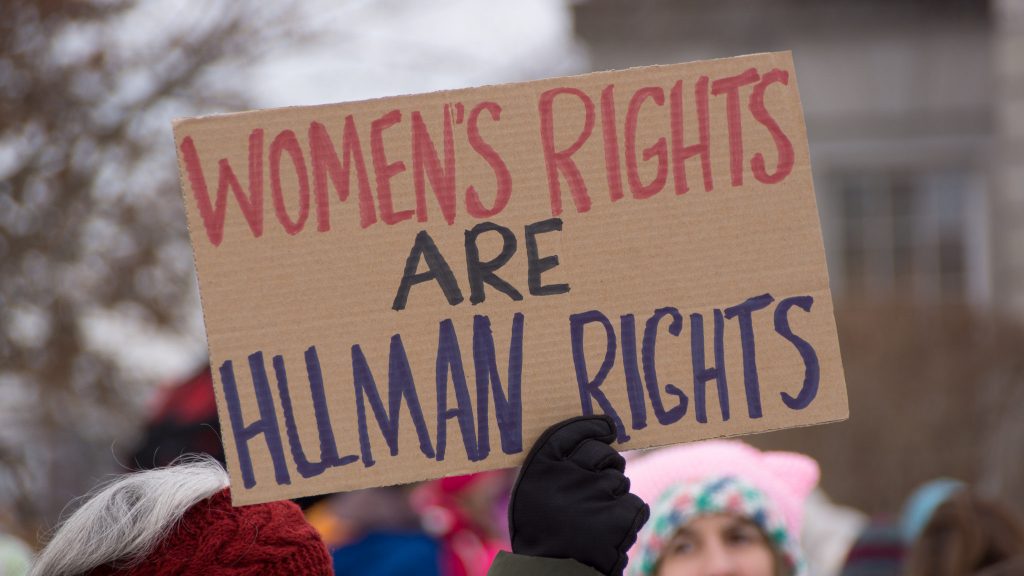
A personal favorite time of mine within not only American, but world history, is the rise of the suffrage movement. From the first women’s rights convention in Seneca Falls, New York, to New Zealand becoming the first country allowing women the right to vote in 1893, to the United States passing the 19th Amendment in 1920, it was a time where women finally took a step forward in power, gaining the right to speak up and contribute to society in the form of the vote. The time where, “All men are created equal” could no longer be taken literally.
It was also a time of very long and difficult work, with the suffragettes, including legendary activists such as Susan B. Anthony, Elizabeth Cady Stanton and Millicent Garrett Fawcett, facing adversity and difficulties at every turn. However, in the end, the work was worth it. Or was it?
Sure, it’s fair to say that women have more rights now than they did in the last century. We now have female heads of state, female CEOs, even priests. However, despite all the advancements made in the equal rights movement, there have been many setbacks. Many of which have been playing out quite recently within the news.
For example, the #MeToo movement, a very well-intentioned and hardworking campaign to end sexual abuse by men against women. So far, it has done well, with numerous high profile careers ending, some with jail time, including disgraced comedian and television pioneer Bill Cosby.
However, the attacks by people such as Donald Trump and the United States Congress (the majority of whom are right-wing Christian men) towards this movement has rendered it both irrelevant and a mere attempt at whining by liberal America in the eyes of half of the United States, as evidenced by both the backlash of Christine Blasey Ford’s testimony against now-Supreme Court Justice Brett Kavanaugh and the general attitude towards the president, who has hinted towards him acting in a way that could be considered sexual assault through highly misogynistic comments.
In short, many American voters have made the statement that women are nothing but second-class citizens, built for the pleasure of men. However, America, as a whole, knows better, as evidenced by the actions of women since the election of the 45th president.
For example, the annual Women’s March that has taken place every January since 2017, as a protest against Donald Trump’s inauguration, with participants being not only women, but also men who believe in equal rights.
Women with the platform to speak have also now stepped up to the plate in the best ways possible. Politicians such as Senators Kamala Harris and Dianne Feinstein of California, Supreme Court Justices Ruth Bader Ginsburg and Sonia Sotomayor, even celebrities such as Cher, Beyonce, Madonna and Rowan Blanchard have used their star power and influence for good, campaigning and speaking out against the Trump administration and misogyny in general.
We have come a far way, no question, and, in fact, the women’s rights movement has made a fair bit of progress since Trump’s inauguration. However, if we want to get to a better place, we need to look back at the suffragettes who made it possible, who continued to fight by all means in order to give women the right to vote, and who never gave up.
It’s our turn now.


